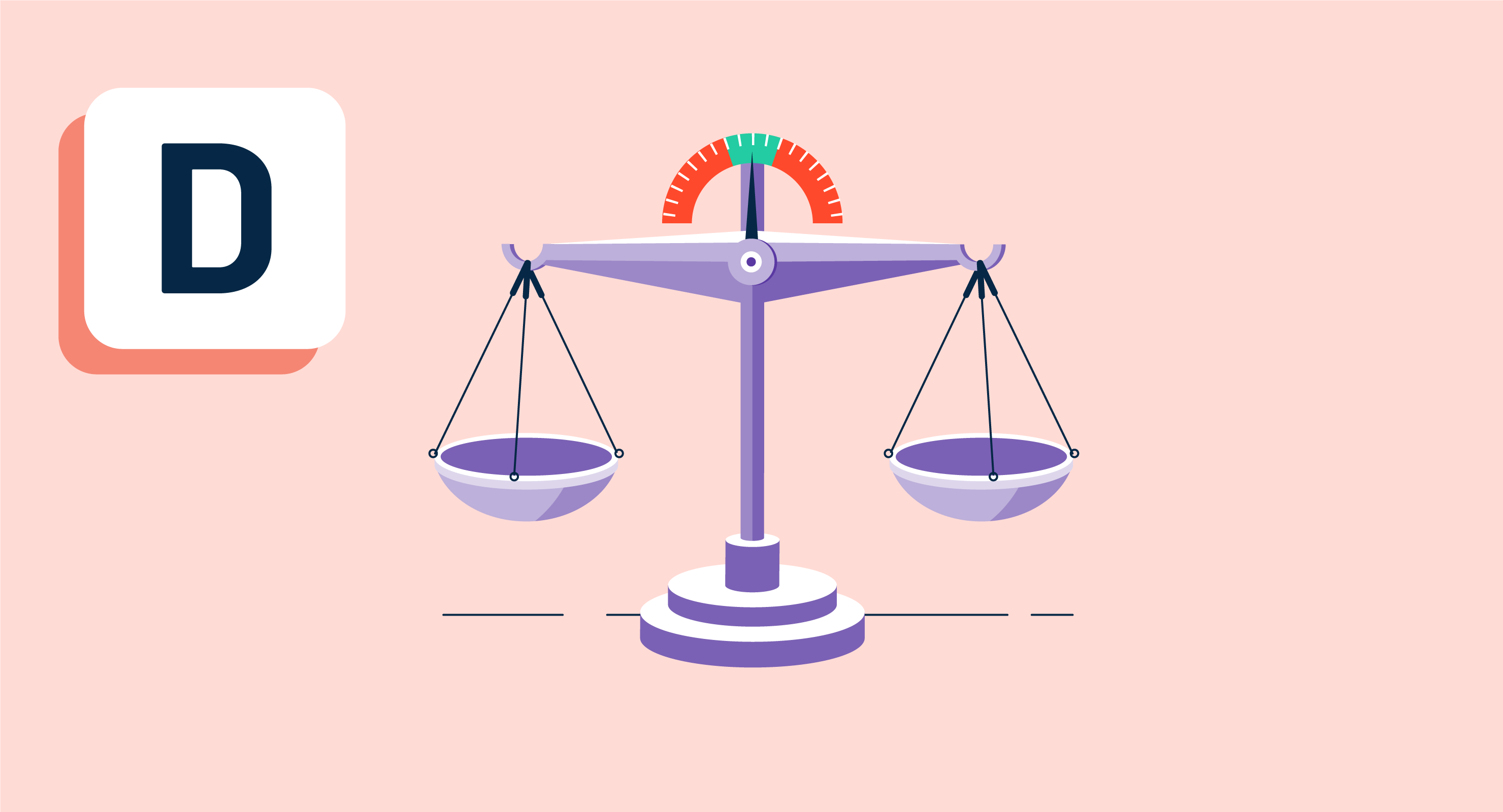What is dispute resolution?
Dispute resolution, sometimes also referred to as dispute settlement or conflict resolution, is the process of resolving disputes, conflicts, disagreements, claims, or arguments between parties. Dispute resolution, used both across commercial and private law firms as well as personal situations, can apply to a variety of disagreements between individuals.
Typically, dispute resolution is used as an alternative to having a court or judicial office decide the resolution of the claim or disagreement.
The types of disputes usually associated with dispute resolution include:
- Employment
- Business
- Personal injury
- Family
- Neighborhood
- Housing
- Consumer
- Environmental
Additionally, dispute resolution is often used among the United States Federal Government as a way to assist government employees and private citizens in resolving their conflicts, including matters of contracting, employment, and workplace. When it comes to workplace disputes, it’s common for Human Resource professionals to utilize HR case management software as a way to track employee interactions and monitor any incoming complaints, questions, and issues.
Types of dispute resolution
To conduct dispute resolution the proper way, there are four types that the involved parties consider.
- Negotiation: The most basic method for settling differences, when one party directly negotiates with the other to reach a resolution. This method works best when all parties agree to remain calm and not talk over one another.
- Mediation: During the mediation process, all relevant parties discuss the issue at hand, what they want, and how they’re feeling about the dispute. The appointed mediator listens to both sides of the dispute and does their best to help the parties find a resolution that is mutually beneficial. This method is an effective way for all parties to vent their feelings and explore their grievances in an open and honest way.
- Arbitration: During an arbitration, a neutral third party acts as a judge who is responsible for resolving the dispute. This is accomplished by listening to all sides of the dispute as they detail their case and present any relevant evidence. The decision is handed down in a confidential manner and cannot be appealed once it’s final.
- Litigation: The most common type of dispute resolution, litigation occurs when a defendant faces off against the plaintiff with either a judge, or both a judge and jury, present. Either the judge or the jury is responsible for making a ruling based on arguments and evidence presented.
The type of dispute resolution one goes with will depend on the severity of the conflict. If you choose one of the first three methods, they’re sometimes referred to as alternate dispute resolutions because parties are opting to not resolve the matter in court.
Benefits of dispute resolution
Instead of letting a conflict get out of hand, there are benefits that the affected parties may experience when choosing to go the route of dispute resolution.
- Resolutions can happen quickly, reducing stress for both parties
- When litigation is not the chosen method, dispute resolution costs less and is more flexible than going to court
- The needs of both parties taken into account, providing flexible outcomes
- Increases likelihood to preserve the relationship of both parties by improving the method of communication
- Confidential discussions regarding the conflict, as well as confidential resolutions
- Streamline how to solve situations pertaining to investigations, employee grievances, and arbitration proceedings

Mara Calvello
Mara Calvello is a Content and Communications Manager at G2. She received her Bachelor of Arts degree from Elmhurst College (now Elmhurst University). Mara writes customer marketing content, while also focusing on social media and communications for G2. She previously wrote content to support our G2 Tea newsletter, as well as categories on artificial intelligence, natural language understanding (NLU), AI code generation, synthetic data, and more. In her spare time, she's out exploring with her rescue dog Zeke or enjoying a good book.



















